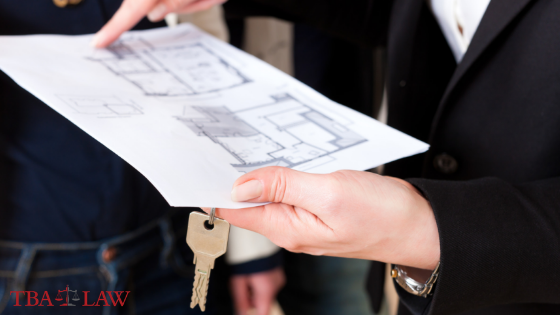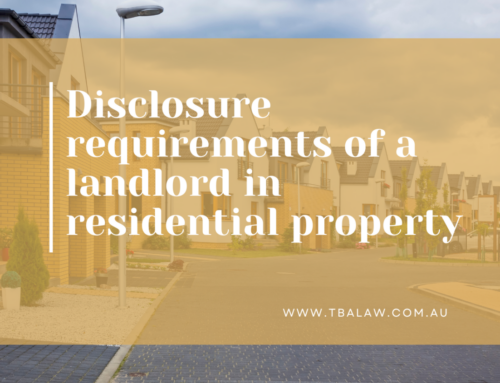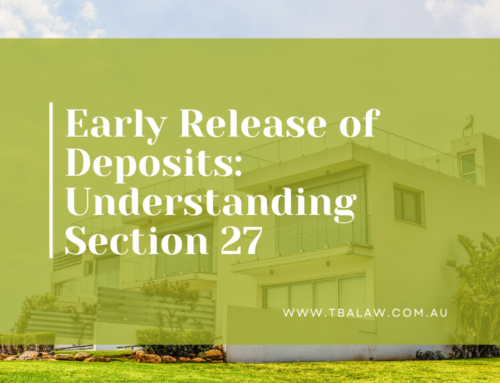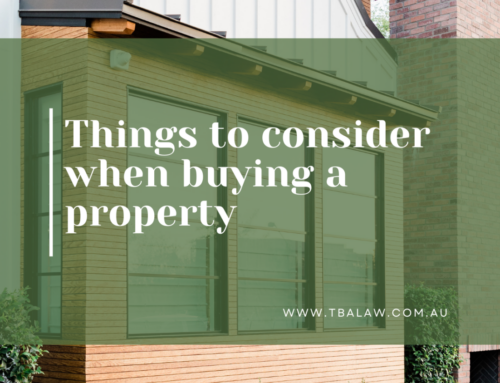Lease v Licence
A lease is a proprietary right in the property and enjoys protections under the law. But a licence, however, is merely a contractual right that exists between the parties to the agreement. It is not enforceable against third parties, and the only protections under the law are in accordance with the contract.
So, why is this important?

On the sale of a residential property, often a licence agreement is asked for. This is either by the purchaser asking to enter the property before settlement, so they can move in, or sometimes it is the vendor who needs to stay in the property after settlement, until they can move out.
If a licence agreement is needed, then a document is prepared setting out the agreement between the vendor and the purchaser. This will include how long the licence will last, how much the licence fee will be, and other requirements.
Usually, if the purchaser is taking early possession of the property, the vendor will need the purchaser to have their insurance in place under the licence agreement. Also, the vendor will often require the purchaser to accept the property in the condition that they take it over, and that the purchaser is not to make any changes or do any renovations until after settlement.
If the vendor is staying in the property after settlement, the licence will need to include a date when the vendor will be leaving. The licence will usually also require the vendor to keep the property insured until they leave.
If the purchaser cannot settle under the contract to purchase the property, then the licence agreement ends, and the purchaser needs to vacate immediately. The purchaser has no rights of a tenant to a notice period or other protections under these circumstances.





Leave A Comment